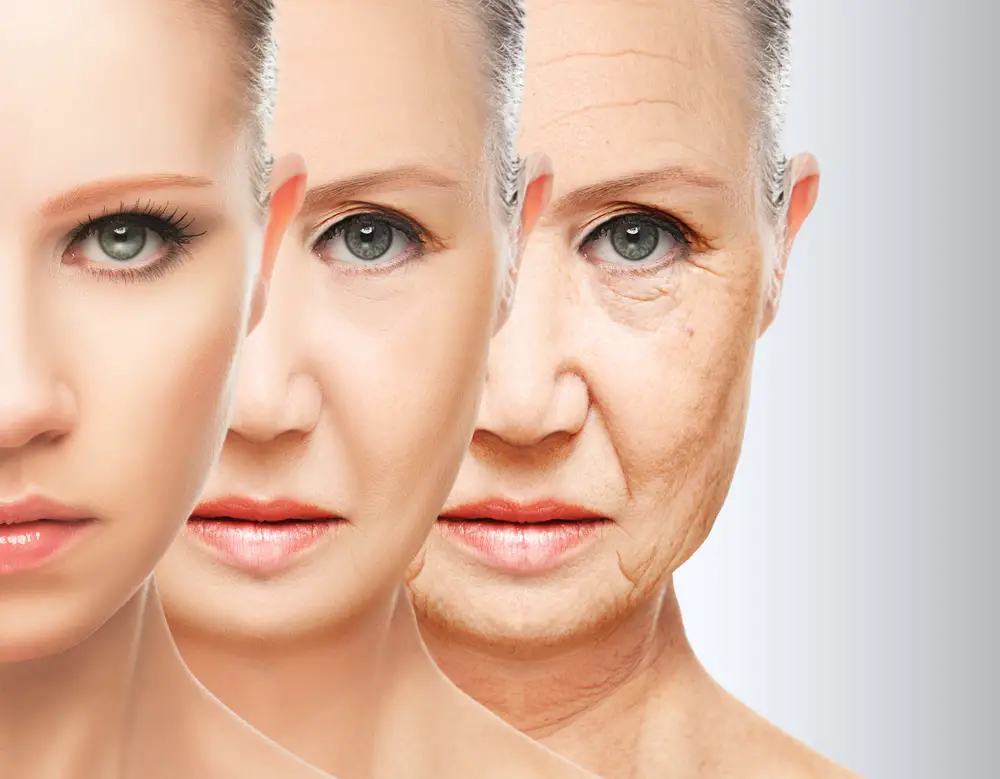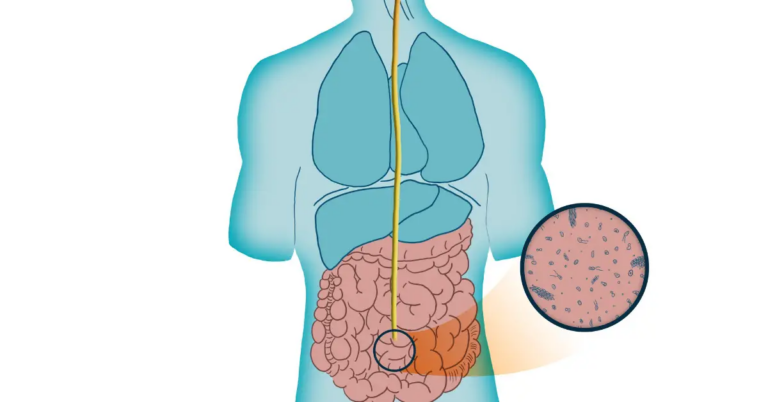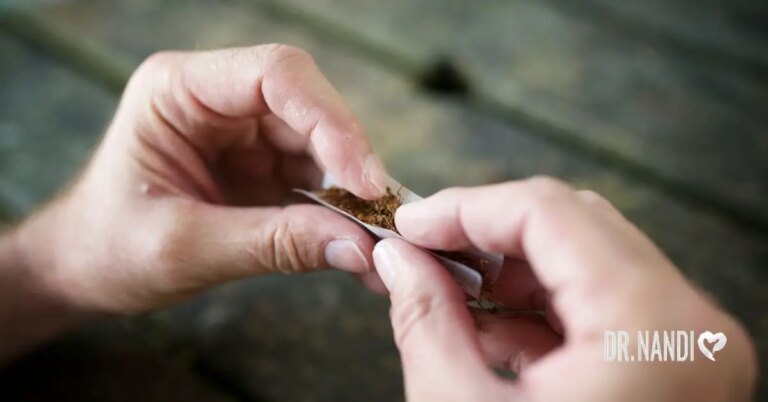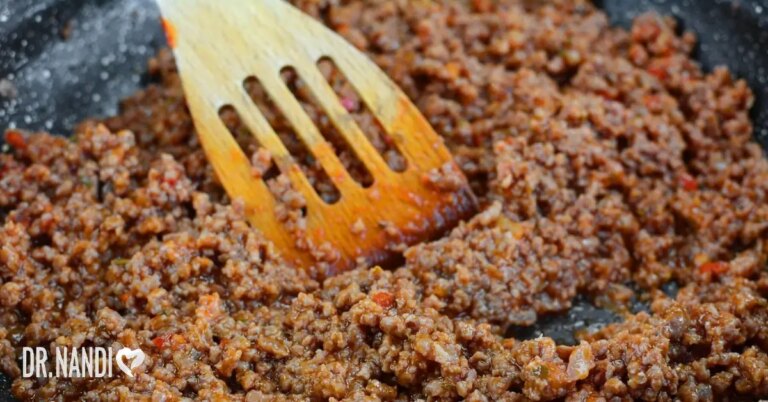A study published in Nature Metabolism has now tied changing gut microbiome to healthier aging. The “microbiome” is known as the bacteria living in the gut, and it plays a key role in many healthy bodily functions. (1)
Human Gut Microbiome And Aging Study
According to the research, as we age, the composition of our gut microbiome changes. The more our gut microbiome changes, the better we age. Healthy people see a decrease in the more prominent microbes they have in their guts in early adulthood, while less healthy people have the same microbes in their guts. In unhealthy subjects, they tend to die at an earlier age. (1, 2)
The study finds a transforming gut microbiome is a sign of healthy aging, according to Sean Gibbons, co-author of the study and a human microbiome specialist and assistant professor at the Institute for Systems Biology in Seattle. “A lot of aging research is obsessed with returning people to a younger state or turning back the clock,” he says. “But here the conclusion is very different. Maybe a microbiome that’s healthy for a 20-year-old is not at all healthy for an 80-year-old. It seems that it’s good to have a changing microbiome when you’re old. It means that the bugs that are in your system are adjusting appropriately to an aging body.” (1, 2)
Signs Of Microbiome And Aging Health
While the researchers aren’t sure if changes in the gut microbiome actually drive healthy aging or vice versa, they believe gut changes could improve health. Those who experienced unique profiles in their changing microbiomes also showed higher levels of health-promoting compounds in their blood as they aged. This includes the compounds produced by gut microbes that help fight chronic disease. (1, 2)
Scientists have long suspected the microbiome plays a role in aging. For example, studies of lean, physically active people 65 and older showed a higher abundance of certain microbes in their guts than those who were less healthy. As well, those who develop early signs of frailty tend to have less gut microbial diversity. (1, 2)
Microbiome And Aging Starts Early
Patterns are found at all ages, with rapid changes occurring in the first three years of life. After that, the microbiome stabilizes and then slowly starts to change in middle age. In healthier people, the changes speed up into old age, while less healthy people either see their microbiome changes slowly or not occur at all. (1, 2)
The study looked at 9,000 adults ranging in age from 18 to 101. The group included about 900 seniors who had regular health assessments. The team found changes began in those who turned 40 or so with prominent strains declining. Less common strains on the other hand increased in prevalence making their microbiomes much different than others in the study. (1, 2)
Unique Profiles Of Microbiome And Aging
“What we found is that over the different decades of life, individuals drift apart — their microbiomes become more and more unique from one another,” says Dr. Gibbons. (1)
As mentioned, those with the most changes were healthier and lived longer. They also showed higher vitamin D levels and lower levels of LDL cholesterol and triglycerides in their blood. These participants also took fewer medications, enjoyed better physical health, and were more mobile. (1, 2)
Those with little changes on the other hand had higher cholesterol and triglycerides and lower levels of vitamin D than their healthier counterparts. They had to take more medications, were more likely to die during the study, and were less mobile and active. (1, 2)
Bacteroides In Microbiome And Aging
Dr. Gibbons said Bacteroides found in the microbiome like to “munch on mucus.” This can remove part of the barrier that contains our microbiome, potentially triggering an immune system response. “When that happens, the immune system goes nuts,” he says. “Having that mucus layer is like having a barrier that maintains a détente that allows us to live happily with our gut microbes, and if that goes away it starts a war.” (1, 2)
Healthy diets provide something other than mucus to eat, which can potentially help protect the gut lining. Dr. Gibbons said he hopes to examine that in a future study. (1, 2)
Impact of Diet on the Gut Microbiota
The microbiota is the collection of all microorganisms that live in a specific environment, in this case, the human gut. The microbiota is impacted by nutrition and food because these things provide the microbes with nutrients and energy. The types of nutrition and food that are consumed can affect which microbes are present in the gut microbiota. For example, a diet high in fiber promotes the growth of beneficial bacteria, while a diet high in sugar promotes the growth of harmful bacteria.
The human gut microbiota is important for health because it regulates digestion, metabolism, immunity, and brain function. For example, the microbiota produces short-chain fatty acids (SCFAs), which are important for maintaining a healthy digestive system. SCFAs also serve as an energy source for cells lining the colon, and they help to maintain colonic integrity. The human gut microbiomes also help to train the immune system to recognize pathogens and respond appropriately to infection. Therefore, nutrition and food have a direct impact on human health through their impact on the gut microbiota.
What Can You Do To Keep Your Gut Microbiome Healthy?
Your mood and your gut health are more connected than you might realize. Your gut microbiota (the trillions of bacteria that live in your intestines) has been shown to play a role in mood regulation. So how can you keep your gut microbiome healthy?
For starters, you can eat a diet rich in fiber. You are feeding your gut good bacteria with it, which helps promote a healthy gut environment. You can also take probiotics, which are live bacteria that help support the growth of healthy gut flora. Probiotics are found in some foods (such as yogurt and sauerkraut) and can also be taken in supplement form.
Finally, exercise has also been shown to promote a healthy gut microbiota. So if you’re looking to improve your mood, start by taking care of your gut!
If you’d like some ideas for healthy recipes, click here.




















